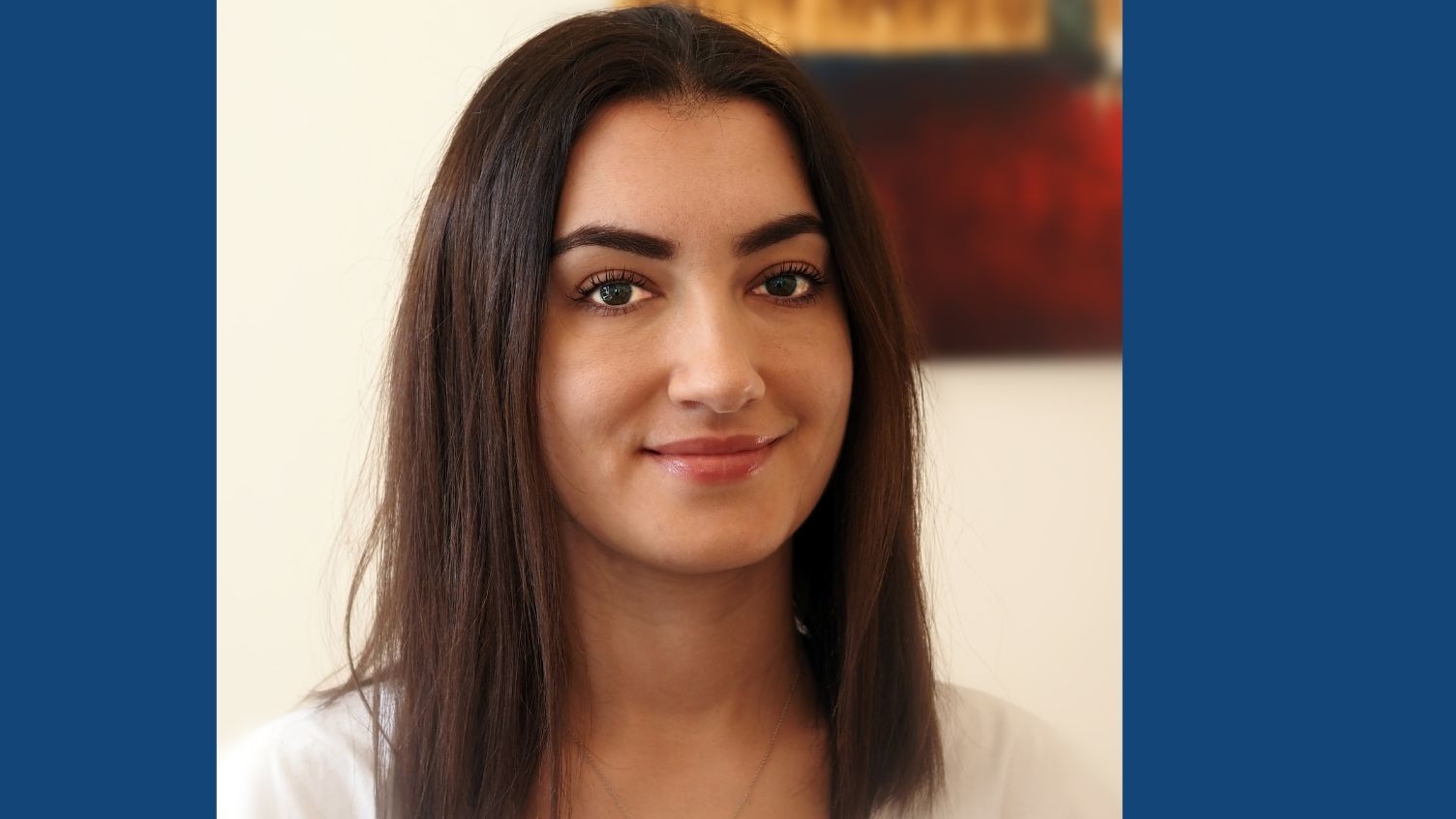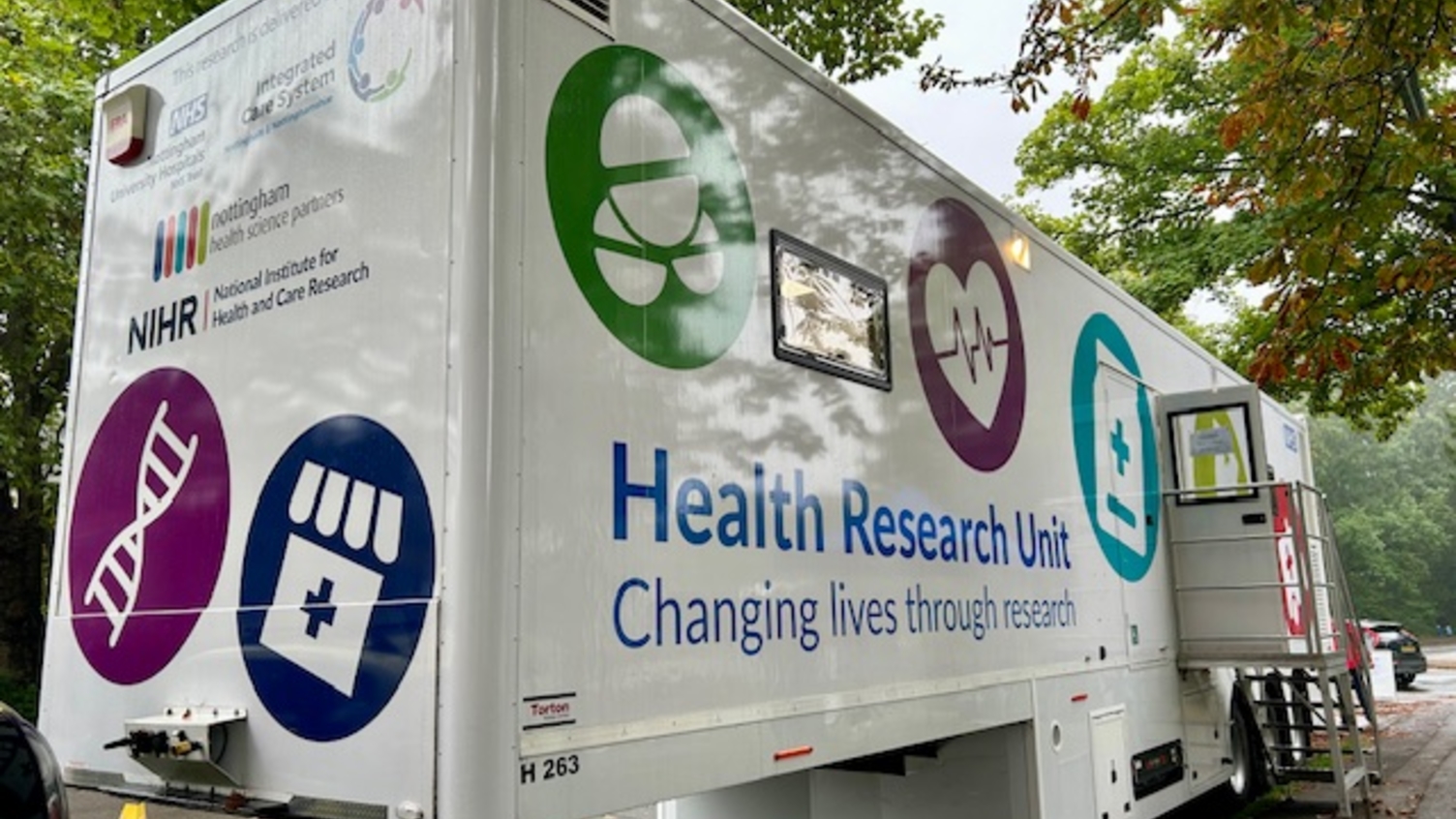Tony talks about taking part in south London cancer research
- 23 April 2024
- 2 min read
Tony talks about taking part in south London cancer research.
Read about Tony's research story.
Dr Tony Leonard has spoken about his experience of taking part in the DOLCE study.
The National Institute for Health and Care Research supported the DOLCE study, which is investigating a new software programme to help analyse if spots on the lung found on CT scans are cancerous. Researchers hope the results could save lives and help the NHS save money by avoiding unnecessary procedures. The NIHR Clinical Research Network South London helped recruit volunteers to the study.
Lung cancer is the deadliest type of cancer. In the UK, 47,000 people are newly diagnosed each year, with over 35,000 dying from it. The low survival rate for lung cancer is because it is often detected late.
Tony, who is from Brighton, was invited to take part by The Royal Marsden NHS Foundation Trust and the Institute of Cancer Research, London. This followed a CT scan Tony had at the Royal Brompton, where they were investigating lung problems he's been experiencing associated with pulmonary fibrosis. Tony has agreed for his scan to be analysed as part of the research. He said:
"Professionally, I was a police officer and academically a social scientist. During my career, I was able to both facilitate and commission research on policing. This means research is really important to me, and I didn't have any concerns about joining the study. If there's a new technology that can help clinicians and, ultimately, patients, we ought to encourage it. I was given plenty of information about the study, including how my data would be protected.
"My mother suffered from three different types of cancer, which led to her having a radical mastectomy, a stoma fitted and problems with her lymph glands. I remember her emphasising that the earlier you can catch something, the more likely doctors will have a chance to make a difference. So, I understand the importance of early cancer diagnosis and innovations to improve its treatment. If I can play a part in helping to develop systems to catch the disease at an early stage, then I would be delighted."
The DOLCE study is led by Chief Investigator Professor David Baldwin at Nottingham University Hospitals in partnership with Optellum lung AI software.


